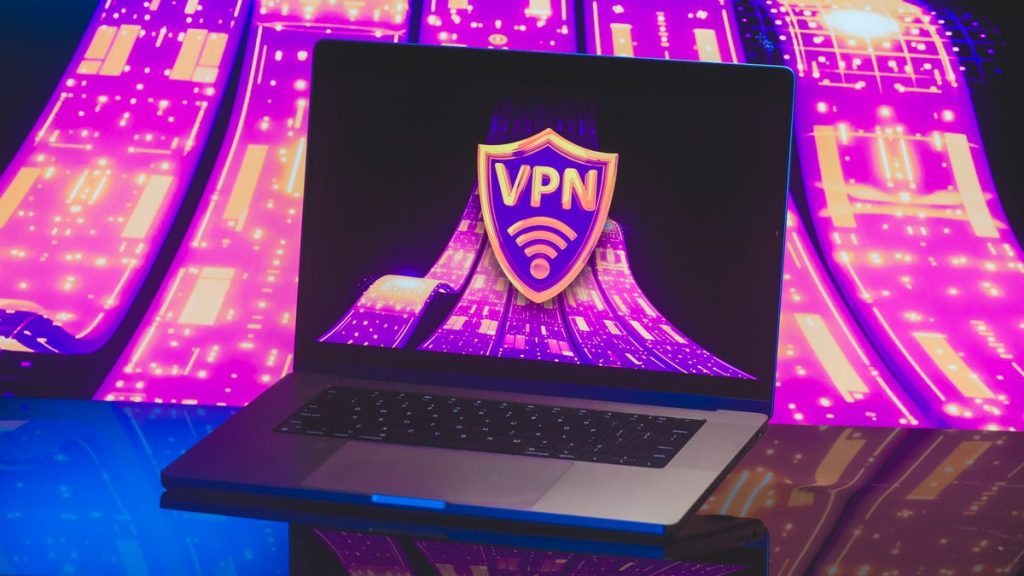Paid VPN services are typically safer than free VPNs, as free services often come with hidden costs, such as selling user data or containing malware. Studies have shown that a significant number of free VPN apps on iOS and Android have unacceptable privacy policies, with some sharing user data with third parties. This can put users at risk of data breaches and privacy violations. Additionally, free VPNs may contain malware, with a study finding that 38% of free Android VPNs have malware. This can lead to identity theft and other cybersecurity risks for users.
Another issue with free VPNs is their aggressive advertising practices. Some free VPNs use ad-serving trackers that can compromise user privacy and security. In some cases, VPNs have been found to redirect user traffic to third-party servers, raising concerns about data privacy. Additionally, the ads served by free VPNs can be intrusive and slow down user browsing experience. This can be especially frustrating for users who are trying to access streaming services or other content online.
Streaming services are another concern for users of free VPNs, as many subscription services block access from VPN users. Free VPN services often have fewer server options, leading to slower connections and frequent buffering. Additionally, streaming services actively block IP addresses associated with VPNs, making it difficult for users to access geo-blocked content. Paid VPN options, on the other hand, offer a wider range of servers and better performance, making them a more reliable choice for accessing streaming services and other online content.
Overall, paid VPN services are a better choice for users looking to protect their privacy and security online. Paid VPNs offer a wider range of features and better performance than free VPNs, making them a worthwhile investment for users who value their online privacy. With a range of options available on the market, users can find a VPN service that suits their needs and budget. By choosing a paid VPN service, users can avoid the risks associated with free VPNs, such as data breaches, malware, and intrusive advertising practices.












